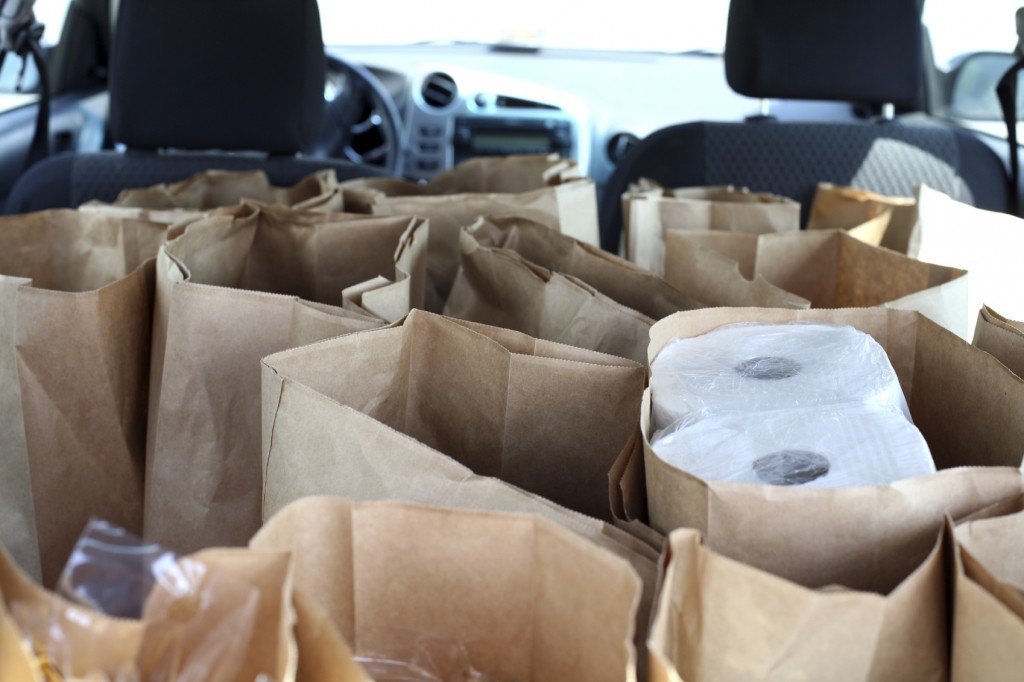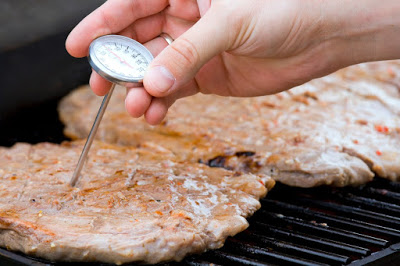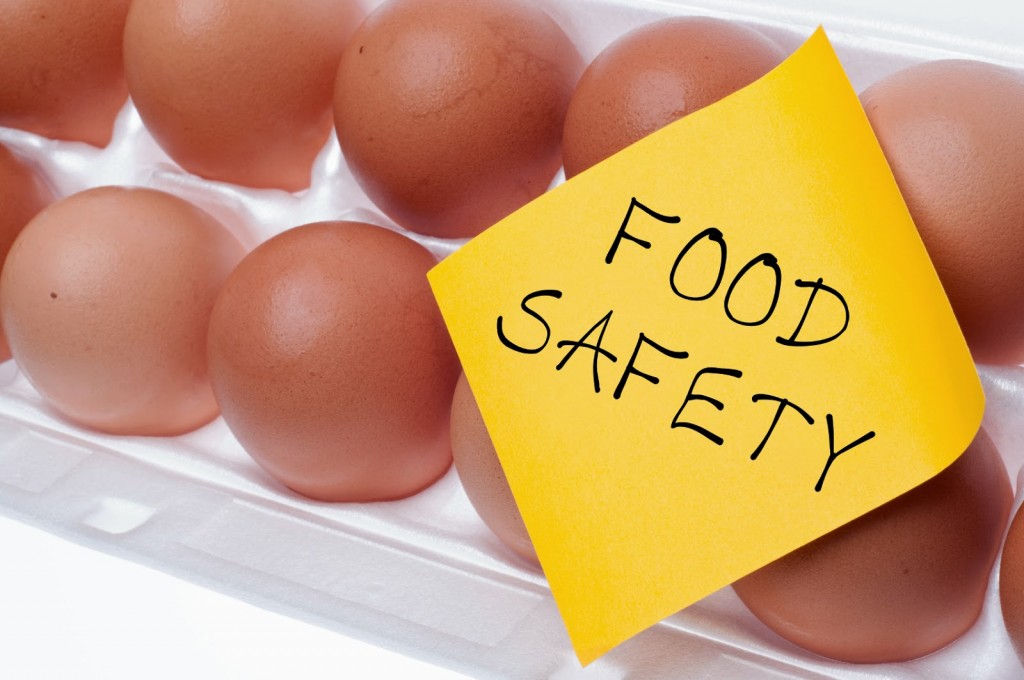
When winter finally comes and the temperatures begin to dip into the 30s, many people turn to their cars and garages when they need some extra space to store their food. But is it safe?
There actually is no concrete answer, because there are too many variables. If you are trying to determine whether or not your food will be safe to store in your car, ask yourself the following questions:
What kind of food is it?
Different foods, and especially drinks, should be stored at different temperatures. Most refrigerated foods should be kept between 34-39° F to keep them from spoiling, frozen foods closer to the 0° mark.
Different beverages also have different freezing points, which is important to know in order to prevent them from exploding all over your back seat. Here are the different freezing points of different drinks:
-
Water, juice, diet soda – 32° F
-
Regular soda – 30° F
-
24-proof liquor – 20° F
-
64-proof liquor – -10° F
-
84-proof liquor – -30° F
What’s the weather forecast?
This is probably the most important piece of information. You need to know just how cold it is outside, and how long you can expect it to stay that way. Overnight, temperatures may dip, resulting in unwanted frozen goods. On the other hand, temperature spikes during the day can cause your food to warm up and spoil prematurely.
It is important to remember that the inside of your car or garage will likely be up to 10° warmer than the outside temperature due to insulation. Having a thermometer handy is the only way you can be sure whether or not the temperature allows for safe storage
How long does the food need to be stored?
How long are you planning on keeping your food in the car before you eat it? Keeping leftover dinner in the car for a few hours while you catch a movie is different than leaving it in there for two or three days. However long you plan on storing it, you need to make sure to keep an eye on temperature fluctuations throughout the day.
If you are debating whether or not to store food in your car or garage, it is always best to err on the side of caution. More than 3 million Americans suffer from food poisoning every year, and poor storage conditions are one of the leading causes.
One thing that can cause improper storage conditions is a malfunctioning refrigerator. If the inside of your fridge feels unusually warm, contact the repair experts at Speedy Refrigerator Service. We guarantee one-hour service to anywhere on Long Island, so give us a call today at 866-782-9376.





